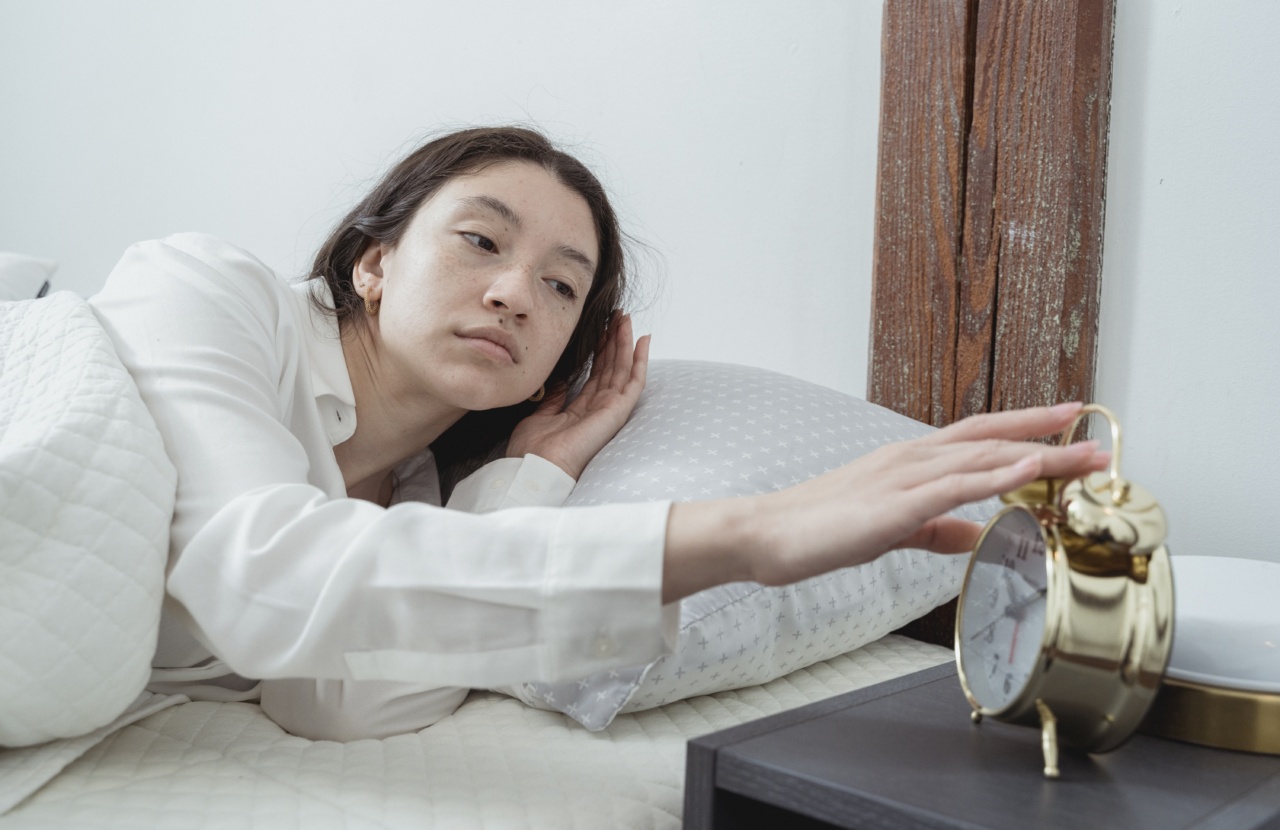For many people, sleep is often not a priority. With the busy schedules that most individuals have today, they tend to disregard the importance of having enough sleep.
Most individuals push themselves to the limit, thinking that they can get through the day without getting enough sleep. However, continuous lack of sleep will eventually take its toll on an individual’s health and daily performance.
What Happens When You Don’t Get Enough Sleep?
When you are not getting enough sleep, the effects may not be immediate. However, over time, the consistent lack of sleep can harm your health, intellect, safety, and overall quality of life.
Health Effects
Not getting enough sleep makes you vulnerable to different health problems such as depression, obesity, diabetes, cardiovascular disease, and even early death.
Sleep deprivation can cause the brain to release increased amounts of cortisol, a hormone that increases blood pressure, inflammation, and insulin resistance. The lack of sleep also affects the immune system, making it difficult for the body to fight off common infections and increase susceptibility to getting sick.
Intellectual Performance
The brain’s cognitive functions are also affected when you don’t get enough sleep. Sleep deprivation can cause memory lapses. The ability of the brain to process information, retain it, and recall it later decreases considerably.
Lack of sleep can also hinder your mental creativity, critical thinking ability, cognitive flexibility, and alertness.
Safety
Lack of sleep can be dangerous, especially when driving or operating heavy machinery, putting yourself and others at risk of accidents.
The National Highway Traffic Safety Administration estimates that drowsy drivers cause around 100,000 accidents, 40,000 injuries, and 1,550 deaths each year in the United States.
Overall Quality of Life
The negative effects of lack of sleep can lead to overall poor quality of life. It can affect work performance, relationships, and even social life. Not getting enough sleep can lead to irritability, mood swings, fatigue, and lack of motivation.
The Body’s Natural Way of Repairing Itself
While people may think of sleep as a “waste of time,” it is actually the body’s natural way of repairing itself.
During sleep, the body performs functions that help keep it healthy, such as repairing cells, restoring tissues, and releasing hormones needed for growth and development. Studies have shown that sleep deprivation can lead to a decrease in the production of growth hormones, which can affect the body’s ability to repair and regenerate.
Simple Tips for Good Sleep Hygiene
One of the ways to improve your sleep is by developing good sleep hygiene. Here are some tips to help you get better sleep and prevent fading away easily:.
1. Establish a Consistent Sleep Schedule
Try to go to bed and wake up at the same time every day, even on weekends. This helps regulate your body’s internal clock and can help you fall asleep more easily.
2. Create a Relaxing Bedtime Routine
Establish a relaxing bedtime routine to wind down before sleeping. This may include taking a warm bath, reading a book, drinking tea, or listening to soft music. These relaxing activities help signal your brain that it’s time to sleep.
3. Create a Comfortable Sleep Environment
Transform your bedroom into a comfortable sleep environment that is cool, dark, and quiet. The ideal temperature for sleep is between 60-67°F (15-19°C). Using blackout curtains, earplugs, and a comfortable mattress can help you have a more restful sleep.
4. Limit Screen Time before Bedtime
Sleep quality is affected by the blue light emitted from electronic devices such as computers, cellphones, and televisions. Avoid using these devices up to an hour before bedtime. This helps signal your brain that it’s time to sleep.
5. Exercise Regularly
Regular exercise can help improve sleep quality. However, exercise should be done during the day and not close to bedtime to avoid stimulating the body enough to keep you awake at night.
6. Avoid Caffeine, Alcohol, and Nicotine Late in the Day
Avoid consuming caffeine, alcohol, and nicotine late in the day. These can interfere with falling asleep and make you wake up during the night.
7. Have a Healthy Diet
Having a healthy balanced diet can affect your sleep patterns. One should avoid eating spicy, fatty, or heavy foods before bedtime. Instead, consume light snacks that can promote sleep.
Conclusion
Getting enough sleep and having good sleep hygiene is crucial for overall health and quality of life. By following these tips, you can experience better sleep, better immunity, and improved intellectual performance.
So the next time you feel yourself fading away easily, it’s time to push that unimportant work aside, close your eyes and sleep it off!.































